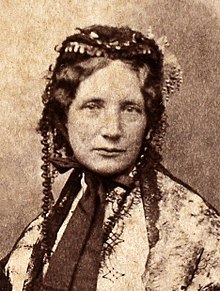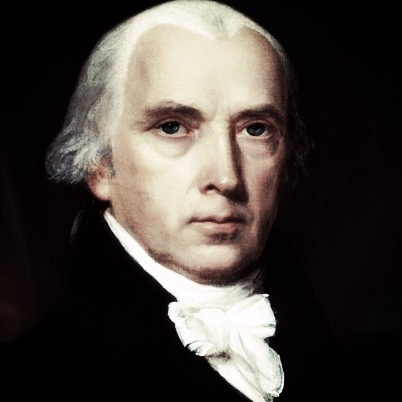…on the Books and Culture website, a review of two books on D-Day. (I mean to say, if I don’t use my own website for relentless self-promotion, won’t that be an indication that I just never understood what the internet was actually for?)
I am not a World War II historian, or even a buff or amateur aficionado. So the essay isn’t really about D-Day, or the books under review, but explaining to interested lay readers the divides in military history that condition what they get to read. If you’re looking for a thumbs up or thumbs down on Craig L. Symonds’s Neptune, well, I would give it “thumbs up!”. But that was not my primary goal. Books and Culture is not Consumer Reports–The Books Edition.
Does that sound snobbish? Well, if it does, than snobbery has been defined downward. My model here is H.L. Mencken–admittedly a terrible snob, in his way–whose legislative (and, I think, modest and self-effacing) pronouncements on criticism I should probably post on the tack board above my desk:
The motive of the critic who is really worth reading—the only critic of whom, indeed, it may be said truthfully that it is at all possible to read him, save as an act of mental discipline—is something quite different. That motive is not the motive of the pedagogue, but the motive of the artist. It is no more and no less than the simple desire to function freely and beautifully, to give outward and objective form to ideas that bubble inwardly and have a fascinating lure in them, to get rid of them dramatically and make an articulate noise in the world.
I had then, and I have now, very little interest in many of Mr. Dreiser’s main ideas; when we meet, in fact, we usually quarrel about them. And I am wholly devoid of public spirit, and haven’t the least lust to improve American literature; if it ever came to what I regard as perfection my job would be gone. What, then, was my motive in writing about Mr. Dreiser so copiously? My motive, well known to Mr. Dreiser himself and to every one else who knew me as intimately as he did, was simply and solely to sort out and give coherence to the ideas of Mr. Mencken, and to put them into suave and ingratiating terms, and to discharge them with a flourish, and maybe with a phrase of pretty song, into the dense fog that blanketed the Republic.
The critic’s choice of criticism rather than of what is called creative writing is chiefly a matter of temperament —perhaps, more accurately of hormones— with accidents of education and environment to help. The feelings that happen to be dominant in him at the moment the scribbling frenzy seizes him are feelings inspired, not directly by life itself, but by books, pictures, music, sculpture, architecture, religion, philosophy—in brief, by some other man’s feelings about life. They are thus, in a sense, secondhand, and it is no wonder that creative artists so easily fall into the theory that they are also second-rate. Perhaps they usually are.




